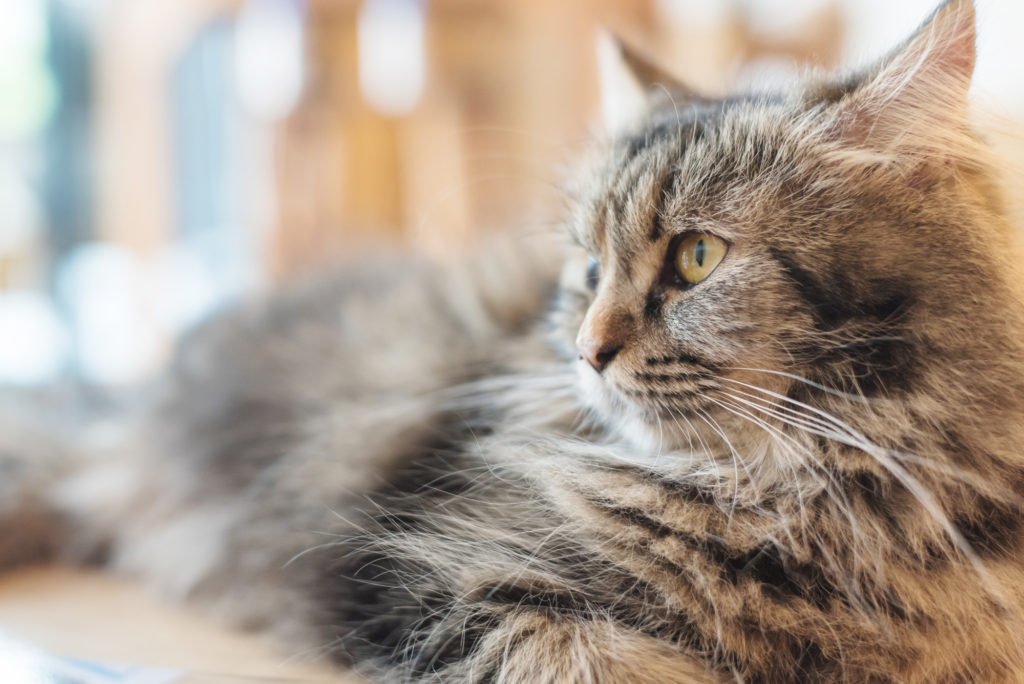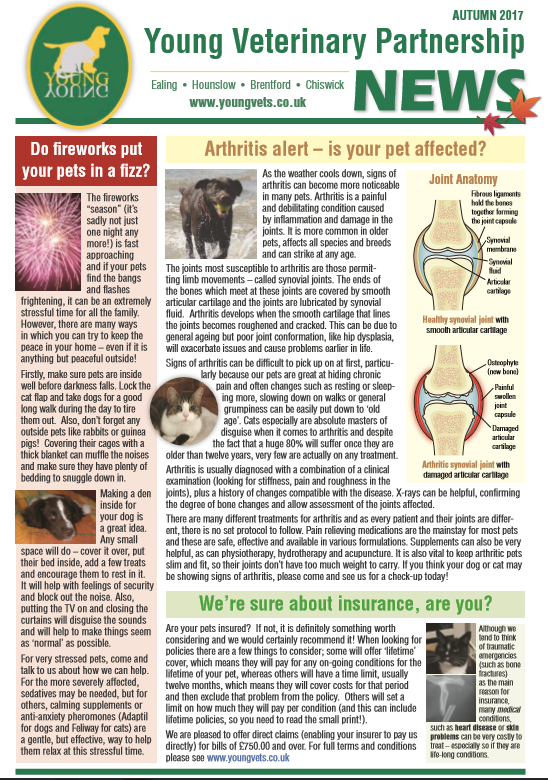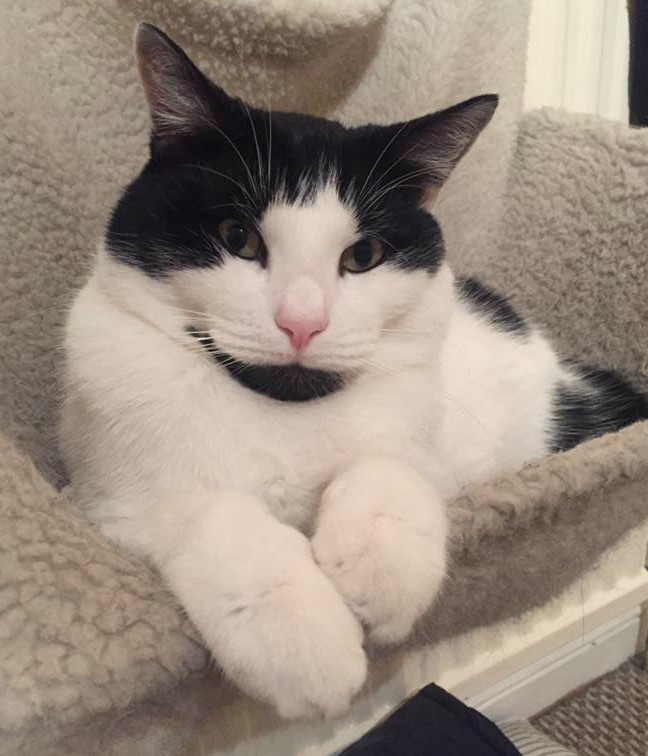Stress And Your Cat.
-
Is my cat stressed?
-
What is causing my cat to feel stressed?
-
How can I help my cat?
Just like humans, cats can get stressed out. While stress in cats doesn’t always materialise in the ways you might expect, if you know what to look for, it’s not too difficult to spot an anxious mog. It is important to keep an eye out for signs of stress in your cat; a stressed cat is an unhappy cat, and recent studies have shown that chronic, ongoing stress can cause stress-related diseases in cats, including skin problems and UTIs.
Is my cat stressed?
Cats are notoriously good at hiding their emotions, but it isn’t impossible to spot signs of feline anxiety. If your cat is displaying any of the behaviours listed below, you may find that the culprit is stress:
- Unusual toileting behaviour. Many stressed cats express their anxieties by urinating outside the litter box (or in the house, if your cat is an outdoor cat), or worst still in your shoes or handbag.
- Over-grooming. Cats groom themselves to self-soothe, so a cat that’s over-grooming may be under stress. A sure sign of excessive grooming is bald or thin patches of fur, which can be anywhere they can reach, most typically on their belly’s, the inside of their legs or their sides.
- Of course, some cats are just loud. You know your cat – if they’re meowing and calling to you much more than usual, they could be trying to tell you something.
- Excessive scratching. Cats often scratch themselves more than usual when they’re feeling stressed. If your cat’s up to date with their flea treatments, doesn’t have an allergy and is still scratching like mad, this could be a sign of stress.
- Cats aren’t always the most sociable creatures, but neither is it usual for them to be hiding themselves away all of the time.
- Lack of appetite. Decreased appetite in cats can be indicative of many different issues, including stress. This is definitely not a sign to ignore.
- Just like humans, cats can lash out when they are under stress, both at humans and other animals.
What is causing my cat to feel stressed?
If you can tick off more than one of the symptoms above, you may find you have got a stressed moggy. While anxiety in cats is reasonably common, it’s not normal, and the first step is identifying any possible causes for your cat’s stress. The most common causes of stress in cats usually boil down to one thing: change. Think hard to see if you’ve made any recent changes to your home or routine which might have affected your cat more than you think.
A big change for cats is the presence of new animals in the home; if you’ve brought home a new cat or another pet, this can be a major cause of stress for other pets. New family members, such as a baby, can cause feline stress too. The key thing here is to make sure your cat knows he’s still your number one; lots of love, attention, and cuddles are in order here. Be sure to make sure your cat still has lots of space, too – if you’ve introduced a second cat, make sure their food bowls are kept apart, and try to keep a separate litter tray for each cat, the ideal rule of thumb being to have one litter tray per cat plus another in your home. Importantly ensure they all have plenty of water, ideally in different containers, my cat loves to drink from pint glasses and I have learned the hard way to be very careful where I put them!
Other changes in your life can equally affect your cats. Moving to a new home may be just as stressful for your puss as it is for you; by keeping blankets, toys and furniture around that your cat already knows well, you can help to ease this transition and make your new house feel like home again. Even changing jobs could be the cause of your cat’s stress; cats are creatures of habit, and anything which changes your daily routine can throw a cat off. Try to keep your day as consistent as possible, and find a routine that works for you both going forward.
How can I help my cat?
If you can pinpoint the cause of your cat’s stress, you’re already halfway to fixing the problem. There are some more general ways that you can help your cat to feel calm and to prevent your cat from getting stressed in the future, too.
A simple option is to try a synthetic pheromone diffuser or spray such as Feliway. When a cat marks its territory, it releases facial pheromones which make the cat feel happy, calm, and relaxed. Synthetic copies of these pheromones are available as plug-in diffusers and sprays that you can use around the house to help your cat feel calmer. These products might not work for cats who have a deeper cause of their anxiety, but for many it may just do the trick.
It is also worth ensuring that your cats have as much space as possible. Don’t overcrowd your home with pets, and make sure that your cat always has somewhere quiet to retreat to if they are feeling overwhelmed or stressed. If you have got the space and you live in a safe enough area, getting your cats outdoors can do wonders for their mental health. Cats are naturally active, outdoorsy animals, and getting out into the wild is really how they love to spend their time.
A happy cat is a healthy cat.
If your cat is getting stressed, try not to beat yourself up about it. It is impossible to avoid all stress triggers all of the time; as a pet owner, all you can do is your best to make your pet’s life as happy and healthy as you can. If you have tried all of the above suggestions and your cat is still displaying the symptoms of stress, we would advise it is important to take them for a veterinary check-up to rule out any medical causes of their symptoms and to make sure that your cat’s anxiety isn’t making them ill.
If you have any concerns about your cat, do not hesitate to contact your local Young Vets surgery to get help and bring calm back into your home.
Blog and images supplied by Zoetis.
Written by Gemma Hopkins BVETMED, CERTVC, MRCVS









